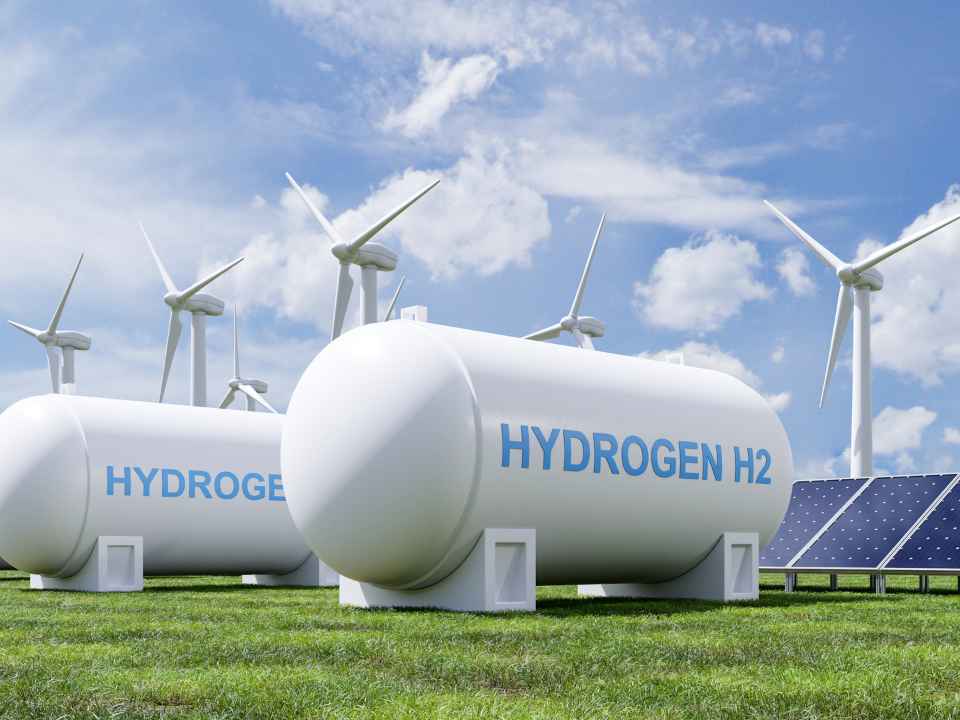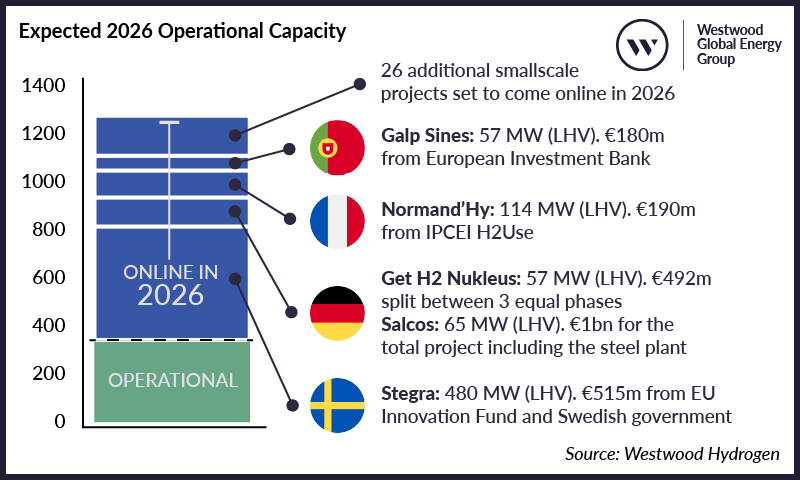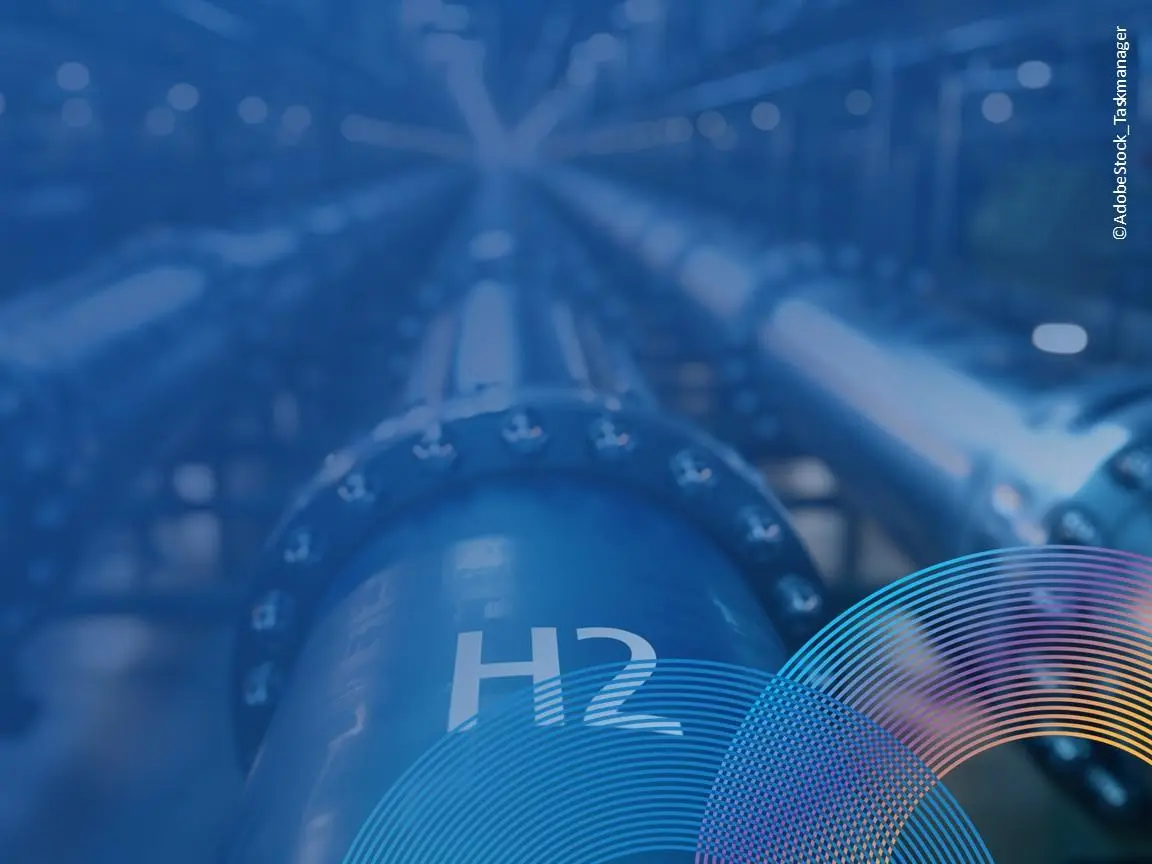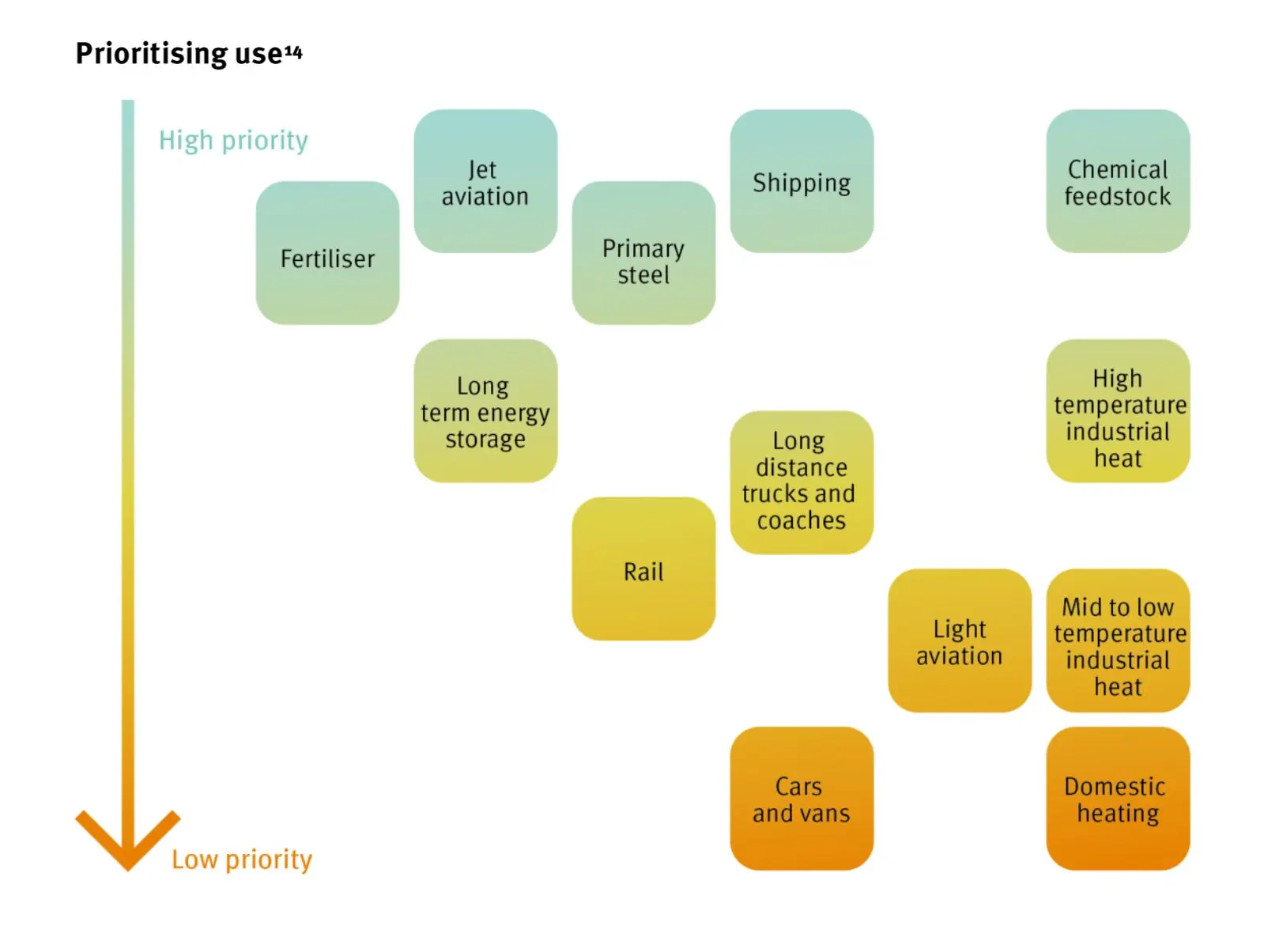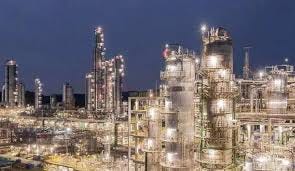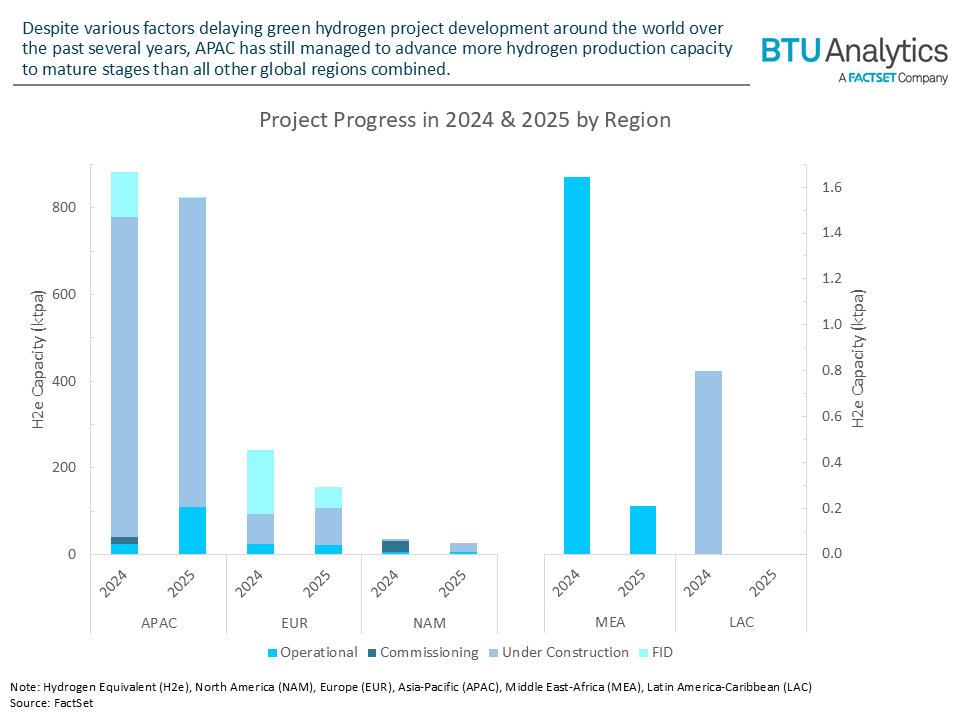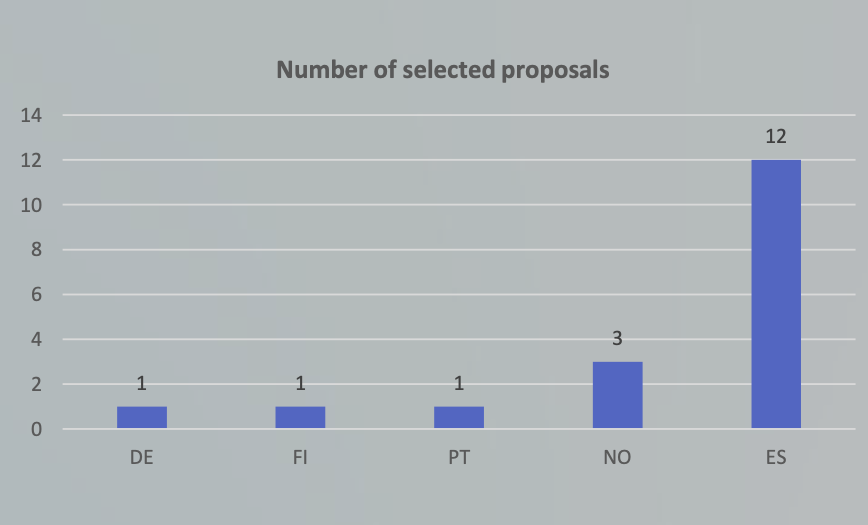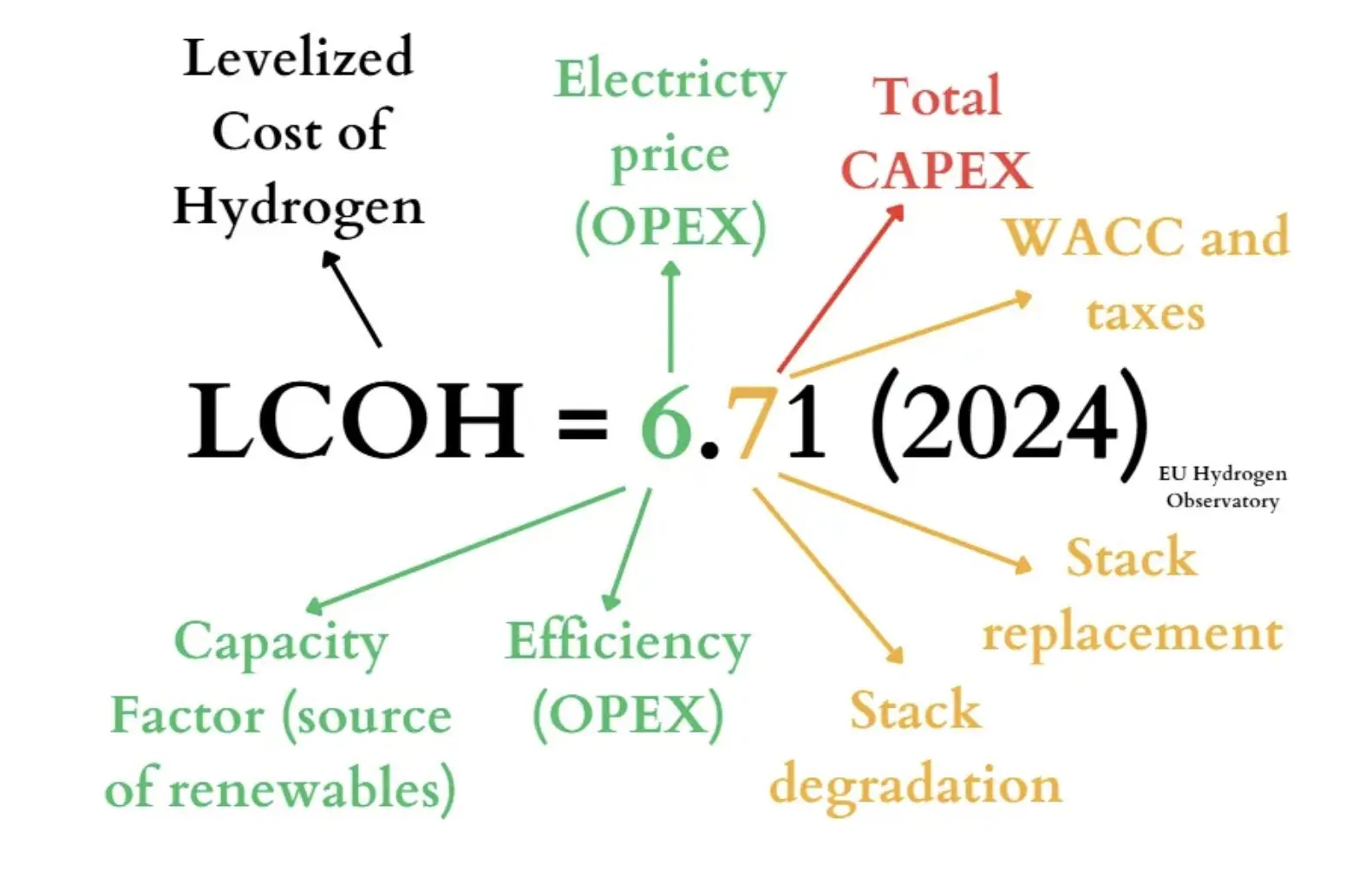

National Energy Administration, China’s central energy regulator, released its Top Task 2024 on Dec 21th. This Top Task highlights 8 areas as the targets of implementation of China’s energy policies, including “Boost Sino-EU technology innovation dialogue and cooperation in hydrogen, energy storage, wind power and smart energy” which is the first time ever hydrogen cooperation enters this top list.
Other targets in this top list include maintaining crude oil output at 200 million ton and newly installed solar and wind power reach 200GW.
Sino-EU cooperation in energy has become a key topic for the two economies in recent years. EU-China Energy Cooperation Platform was launched on May 15th 2019 to support the implementation of activities announced in the ‘Joint Statement on the Implementation of EU-China Energy Cooperation’.
The Joint Statement was signed in Brussels on 9 April 2019 during the 8th EU-China Energy Dialogue between Commissioner for Climate Action and Energy Miguel Arias Cañete and the Administrator of the National Energy Administration of China, Mr ZHANG Jianhua, on the same day as the 21st EU-China Leaders’ Summit.
It was witnessed by Jean-Claude Juncker, President of the European Commission; Donald Tusk, President of the Council of Europe and Dr Li Keqiang, Premier of China.
The platform aims to enhance EU-China cooperation on energy, which will help increase mutual trust and understanding between EU and China and contribute to a global transition towards clean energy on the basis of a common vision of a sustainable, reliable and secure energy system.
Since its implementation, the platform has attracted a wide array of energy players in China and the EU, including relevant public authorities, energy associations, energy industry and businesses, as well as leading energy research institutes and think-tanks, and has committed to create opportunities for exchange and visibility as well as new business prospects for innovative companies in the energy sector.
On Dec 13th, 2023, the Platform published a new report-Opportunities in LNG, CCUS and Green Hydrogen sector in China for EU Business: enabling policies and financing needs. The report has an analysis of the three technologies in the EU and China, together with an assessment of how they can be included in the two regions’ energy markets, and an evaluation of opportunities for cooperation.
The report notices that China and Europe have adopted very different approaches to hydrogen: China is prioritising the manufacturing approach, while the EU is focused on building a coherent regulatory and economic environment.
While the EU has got off to a quick start, China’s rapid development of subsidies, as well as a regulation and legislation system, mean it is catching up rapidly.
And the report highlights that ambitions on hydrogen of both economies offers promising potential opportunities for cooperation between China and the EU in the areas of hydrogen value chain governance, supportive policy making, decarbonisation and industrial applications.
The report also specifies these areas below may have great potential for next phase Sino-EU cooperation in hydrogen:
· Adoption of a certification scheme aligned with international standards, such as CertifHy in Europe, to define low carbon and/or renewable hydrogen.
· Strengthening of mechanisms to incentivise the large-scale production of low carbon or renewable-based hydrogen by electrolysis of water using curtailed electricity.
· Definition and simplification of specific safety regulations that need to be harmonised at the national level for hydrogen production, distribution, storage (such as liquid hydrogen) and usage (for example, hydrogen refueling stations),
· Promotion of medium and long-distance hydrogen transportation using different methods, including pipelines, rail and/or shipping.
The Top Task 2024 of China’s energy regulator, together with recently released study by EU-China Energy Cooperation Platform, and other signs, clearly indicates that Sino-EU cooperation in hydrogen will accelerate in 2024, policy negotiation might have priority while business development will certainly keep up.
Source: Jian WU, China Hydrogen Bulletin


